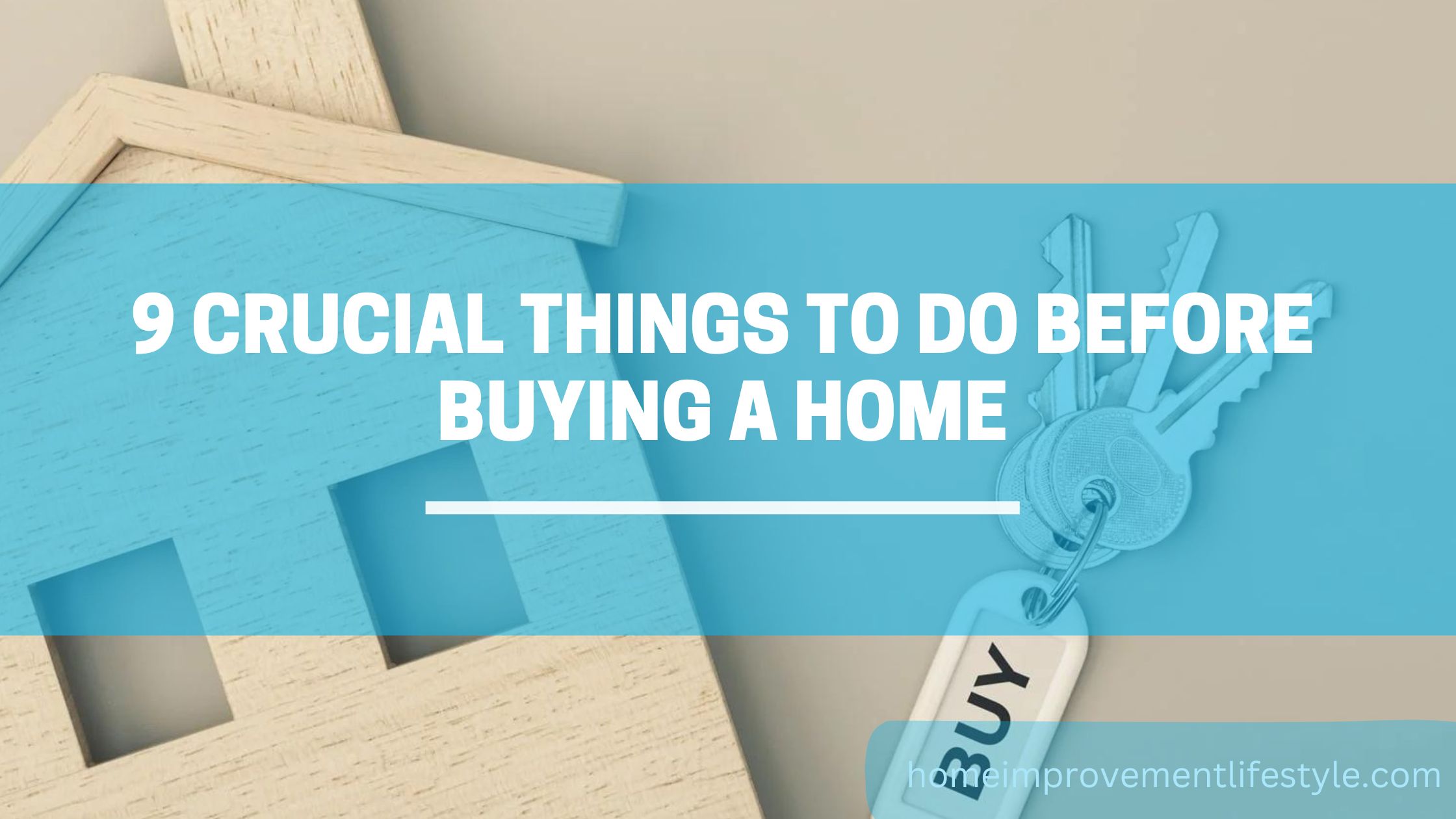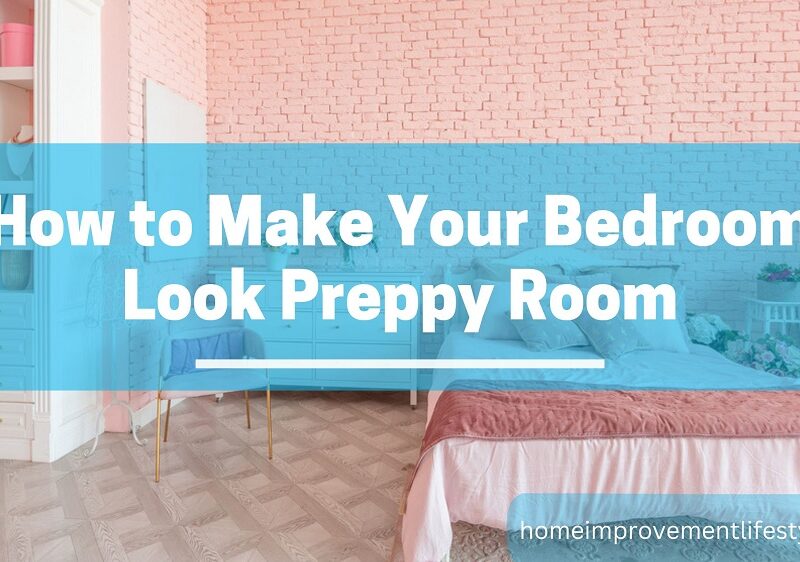One of the biggest decisions you’ll make in your lifetime is purchasing your own home. It’s a huge milestone and a wonderful achievement, but the path to get there can be rocky and a little overwhelming.
Once you’ve found a home that you love. It’s easy to let the excitement cloud your judgment and make you impulsive.
In this article, we’ll cover the top nine things you need to do before committing to that property. Even if it’s the home of your dreams.
Home Inspection
First of all, keep in mind that everything is not what it seems. A home might look like the perfect fit for you, and it might even appear to be in perfect condition. However, you never know what hidden problems might lurk beneath the surface.
Hiring a professional home inspection company to give the place a once-over is truly in your best interests. They’ll be able to identify any potential issues so you’re making an informed decision when you decide to buy. If you’re ready for an inspection, you can check out the website of a certified home inspector, like www.brightsidehomeinspections.com, to get started.
Budget Wisely
Next, you need to make sure that this home truly fits within your budget and aligns with your future spending plans. Consider the down payment, closing costs, taxes, home insurance, maintenance, and any other hidden home-buying costs.
You’ll also need to keep in mind the parts of the home that you don’t love and might want to change. Like those chipped tiles in the guest bathroom, for example. If you’re going to be redesigning your home, or even just making small changes. You will need to budget for each project within your remodel.
Consider Location
Where you buy is almost as important as what you buy. Just because a house checks every box in terms of size, layout, and price doesn’t mean that you’ll be happy in it if the area isn’t right for you.
When it comes to location, you need to think about all your personal needs. (like schooling options or your work commute), as well as future growth and development plans. If you’re hoping to resell or lease out the home in the future. The location will have a big impact on your success. You can learn everything you need to know and more about selling or leasing real estate here.
Calculate the Cost of Living
Another aspect of the location of your potential future home is the cost of living. If you’ve already been living in the area for a while and are simply buying a new home there, this won’t be something you need to worry about.
However, if you’re moving into a new city or even country. There might be significant differences in the cost of living. This is something you’ll need to work out and compare to what you’re used to so that you’re aware of how you might need to adjust your monthly or weekly budget.
Look at Homeowners Association Rules and Fees
You’ll also need to consider whether the property is part of a homeowners association and be aware that if it is, there are some rules that you’ll need to adhere to.
Find out and research the HOA rules and regulations, as well as any routine fees. You might have to pay as part of the association. Keep in mind that the HOA might not necessarily align with your lifestyle and preferences. Because there will usually be limitations on modifications you can make to the property.
Think About Property Insurance and Taxes
As mentioned, your budget needs to be precise and on point, before you commit to anything. Two of the biggest expenses that homebuyers neglect to factor in when they’re shopping are homeowner’s insurance and taxes.
You’ll need to research the insurance costs and tax obligations specific to the area you’re buying in. Find out about tax rates, the assessed property value (as this will influence the tax you pay), and the tax liability, and then spend some time researching your options when it comes to insurance providers and coverage.
Plan Your Commute and Accessibility
Where you live will have a significant impact on your lifestyle, and you’ll need to be prepared for that. One major part of that is your daily commute. Think about where you’ll be driving to on a daily or weekly basis: your job, the gym, your kids’ schools, grocery stores, healthcare providers, and more.
More than just distance and routes to these places, you should consider traffic patterns, availability of public transport, as well as the safety of walking or biking instead if that might be your preference. Making sure that your daily travels are safe, comfortable, and easy is an important part of your planning.
Think About Future Growth Potential
You might be shopping for your forever home, or you might be buying property as an investment. Either way, you need to be thinking about future growth potential for your purchase. Even if you hope to live in that home forever, you never know what changes might happen in your life, and you need to be prepared for the potential need to sell.
In this case, considering your resale value is important. This can be impacted by the area, developments in the neighborhood, and the value of the home itself and how it might change. Over time, you might consider doing some professional or even DIY home projects to boost the value of the property.
Get Help From a Real Estate Agent
Finally, when you’ve thoroughly assessed the situation, and you’re certain that you’re making the right move, seek out professional help.
As you can tell, there’s a lot to consider when it comes to property buying, and navigating these complexities on your own can be overwhelming, to say the least. Working with a professional real estate agent to help you through the process will be a time saver and take. A load of the weight off your shoulders too.


